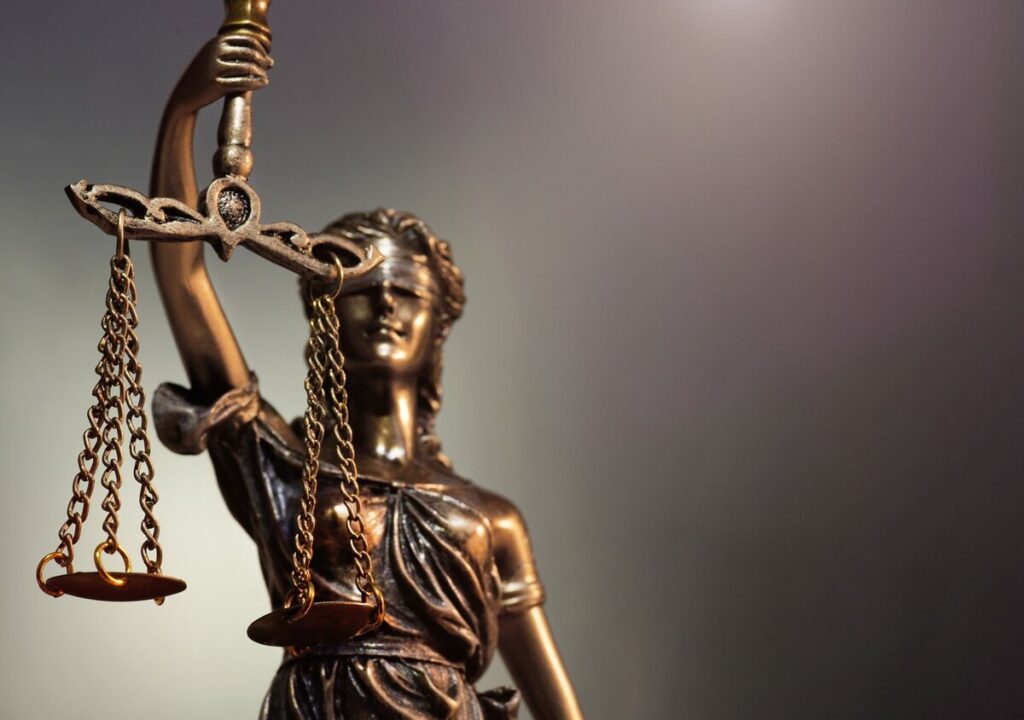

Article I: Women are born free and equal in rights with men.
Article II: The aim of every political association is to protect the natural and permanent rights of men and women. These rights are; freedom, property, security, and especially to resist oppression.
Article III: The basis of each state power is based on the unity of men and women and their presence in the nation.
Article IV: Freedom and justice consist in the return of everything that belongs to the other. Thus, there is no limit to exercising the right to oppose men’s permanent oppression. Boundaries should be arranged within the framework of nature and reason.
Article V: The laws of nature and mind prohibit all behavior that may be harmful to society. Anything permitted by these laws and not forbidden by divine laws cannot be prevented.
Article VI: The law must be the expression of the general will. All male and female citizens must contribute to the formation of the law, either personally or through a representative. All male and female citizens are equal before the law; should be equally admitted to all ranks, positions and offices.
Article VII: No woman shall be excluded from these laws. In certain cases, the woman will be charged, arrested and imprisoned before the law. Women, like men, will be subject to these laws, which are final.
Article VIII: The law should impose only absolute, clear and necessary penalties.
Article IX: The sanctions of the law are applied to every woman found guilty.
Article X: No one can be prosecuted for their conviction, even if it is general policy. A woman has the right to go to the gallows, as well as the right to the speaker’s podium.
Article XI: Free expression of ideas and thoughts is one of the most valuable articles of women’s rights, because this freedom guarantees fathers’ paternal bonds with their children. Thus, every female citizen can say “I am the mother of a child who belongs to us” without the barbaric prejudices that compel her to conceal the truth.
Article XII: Ensuring the rights of women and female citizens is of greater interest. This assurance should not be the privilege of those to whom these rights are granted, but should serve the interests of all.
Article XIII: The contribution of men and women is equal for the state and administrative expenses. Women contribute in all obligations and strenuous work, so they also share in duty, work, demand, honor, and craft.
Article XIV: Citizens, male and female, have the right to decide for themselves or through their representatives whether taxes are mandatory. Women citizens accept this if they can participate equally in the collection, use and duration of taxes, not only in their estates but also in official institutions.
Article XV: Women who are one with men in paying taxes have the right to receive information about financial affairs from the official civil servant.
Article XVI: A society in which rights are not guaranteed and the separation of powers is not determined has no constitution. If the majority of the individuals that make up the nation did not contribute to the formulation of the law, then that law does not exist and is void.
Article XVII: Ownership together or separately is the right of both sexes. No one can be deprived of the real inheritance of the nation.
Children’s rights are generally grouped under four main headings.
These are as follows, in order:
The “Children’s Rights Convention”, adopted by the United Nations General Assembly in 1989, is the most comprehensive document ever prepared and covers all countries. There are fifty-four articles on children’s rights in this convention, which is also ratified by our country.
Some of these items are:
